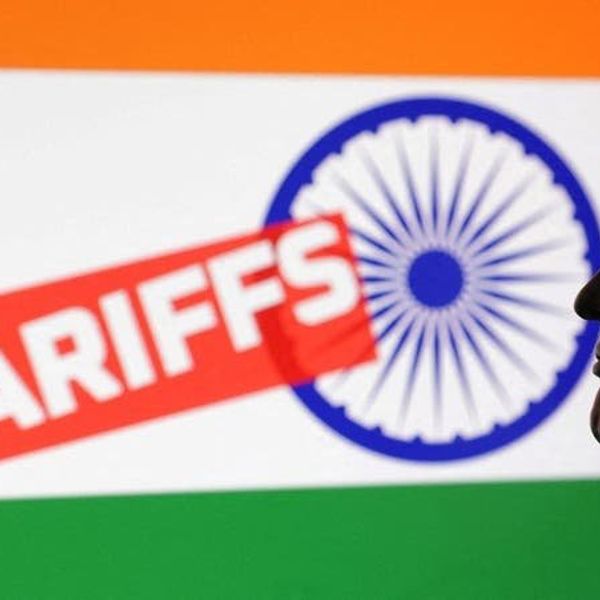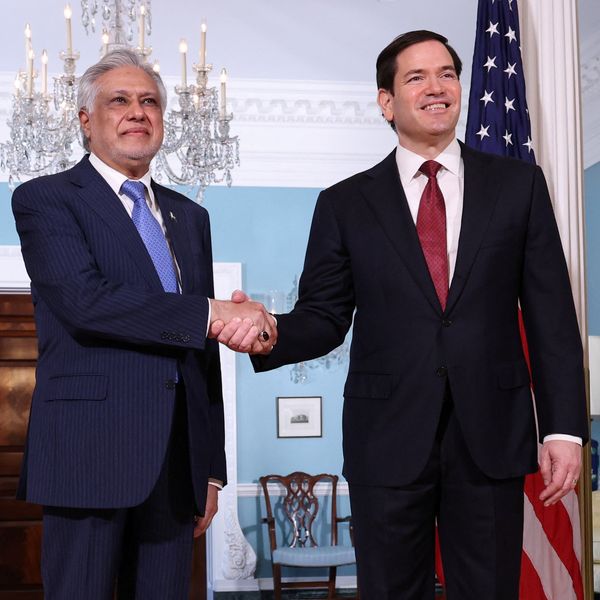The latest shopping trends: and why more people are saying no to “shop-‘til-you-drop”
How minimalism, digital platforms, and hybrid shopping are reshaping global and Middle Eastern retail trends.

Rana Tabbara
Senior Business Producer
Rana Tabbara is a UAE-based reporter and content creator known for dynamic storytelling, impactful reporting, and high-profile interviews. She interviewed leaders including the UAE Minister of Energy, the Australian Prime Minister, the Saudi Minister of Tourism, the Armenian Minister of Economy, and CEOs of major companies. Rana covered big events like the World Government Summit, LEAP, Cityscape KSA, IDEX, among others. Her previous experiences include The New York Times, CNN Business Arabic, and L'Orient-Le Jour.

Consumers in the Middle East value both e-commerce and in-store experiences.
Ai
In today’s fast-paced world, shopping has become more than just a way to fill your cart—it’s a lifestyle. From the explosion of e-commerce to the growing influence of social media platforms like TikTok and Instagram, the way people shop is evolving at lightning speed. But not everyone is on board with the “buy more, buy now” mentality.
In fact, a new wave of consumers is pushing back. They’re tired of the relentless pressure to accumulate, fed up with fast fashion, and more focused on living with less. The rise of minimalism is reshaping how people think about consumption. This movement is driven by a desire for sustainability, mental well-being, and an escape from the clutter that comes with overconsumption.
Recent studies reveal that many individuals, particularly millennials, are adopting minimalism, driven by a desire to reduce stress and live with greater purpose. With the rise of resource-sharing platforms and ethical shopping, the shift is clear: it's no longer about having more stuff but about making more meaningful choices. Expect less clutter, fewer distractions, and purchases that truly matter.
Global trends: e-commerce and social shopping on the rise
E-commerce continues to dominate globally, with over 2.33 billion people shopping online in 2023, and that number is expected to hit 2.54 billion by 2025. According to Capital One Shopping, social media isn’t just for scrolling anymore—platforms like YouTube, Instagram, and TikTok are becoming major shopping hubs. Around 31% of consumers are already buying through YouTube, with Instagram and TikTok not far behind, reshaping how we discover and shop for products.
However, there's been a significant decline in brand loyalty. McKinsey reports that over 40% of consumers globally have switched brands in search of better deals, while private-label products are gaining traction, with 60% of shoppers considering them just as good as branded items.
Sustainability and wellness take center stage
Sustainable shopping is gaining momentum, with millennials at the forefront of this shift. As more people become eco-conscious, they’re turning to minimalism and resource-sharing to cut down on waste and promote a greener lifestyle. Research in the Journal of Consumer Research revealed that millennials are leading the charge and embracing these practices to tackle overconsumption and make a positive environmental impact.
This shift is not merely about owning fewer things; it's about living with intention. Many are moving away from mindless consumerism in favor of experiences, relationships and personal well-being.
Driven by concerns over materialism, people around the world are embracing minimalism as a lifestyle. A study in the International Journal of Applied Positive Psychology highlights the mental health benefits of minimalism, with participants reporting greater autonomy, reduced stress, and increased happiness from owning fewer possessions.
This trend reflects a broader movement toward simplicity, where consumers focus on what truly adds value to their lives. Minimalism is also supported by the rise in resource-sharing and peer-to-peer services.
According to Environment, Development and Sustainability, platforms encouraging sharing—such as ridesharing, renting gadgets, or clothing swaps—are gaining popularity as people seek to reduce waste and consume more responsibly.
Middle East and GCC: a unique retail landscape
While global markets are increasingly moving online, the Middle East offers a distinct blend of digital and physical shopping experiences. According to Go-Globe, e-commerce is booming in the region, with UAE consumers spending an average of $1,648 per transaction online.
Nevertheless, malls and physical stores remain an integral part of the shopping culture. About 50% of consumers in the Middle East still prefer in-store shopping, valuing the opportunity to physically interact with products before making a purchase.
The rise of minimalism in the region has also gained traction, with more people rethinking their consumption patterns and embracing sustainability. The focus is shifting toward ethical shopping, with many consumers cutting down on fast fashion and opting for quality over quantity.
Technology is playing a significant role in shaping the future of shopping in the GCC. Kem App highlights the increasing adoption of artificial intelligence (AI), augmented reality (AR), and other digital tools to create personalized shopping experiences.
Additionally, there is a growing shift towards digital payments, with consumers embracing mobile wallets, QR codes, and Buy Now, Pay Later (BNPL) options.
Globally, shopping is evolving with a strong emphasis on digital convenience and sustainability. The Middle East offers a unique mix of online innovation and physical retail experiences, with growing attention on minimalism and ethical consumption. Whether through resource-sharing platforms or mindful spending, consumers worldwide are redefining what it means to shop—and live—responsibly.
As the world moves away from the “shop-‘til-you-drop” mentality, minimalism and well-being are becoming integral parts of modern consumer behavior, paving the way for a more sustainable and fulfilling way of life.










Comments
See what people are discussing